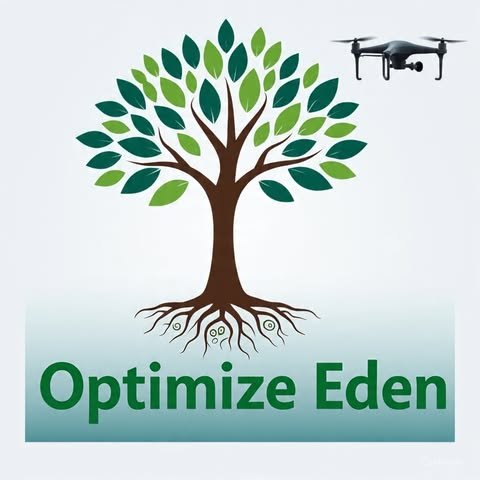Video made with LTX Studio, (2025).
July 18, 2025
Carrie Owens
Farmers use drones in precision agriculture to
“increase efficiency, reduce costs, and improve crop yields” (Nguyen, 2025).
Here’s how drones are commonly used on farms:
1. Crop Monitoring
Aerial Imaging: Drones fly over fields and capture high-resolution images.
NDVI Analysis: Using multispectral cameras, drones help assess plant health by detecting chlorophyll activity, showing where crops are thriving or struggling.
2. Field Mapping & Planning
Topographic Mapping: Drones create 3D maps of fields, identifying slopes, drainage issues, and elevation changes.
Soil Analysis: Some drones help assess soil condition and composition for better seed planting plans.
3. Irrigation Management
Moisture Mapping: Infrared sensors detect dry areas.
Water Use Efficiency: Farmers can target irrigation more precisely, saving water and boosting yield.
4. Crop Spraying
Agri-drones with sprayers apply fertilizers, herbicides, or pesticides accurately, reducing chemical waste and human exposure.
Especially useful in hard-to-reach or uneven terrain.
Pest and Disease Detection
Drones detect early signs of infestation or disease before it spreads.
Enables targeted treatment, avoiding full-field spraying.
5. Yield Estimation
Drones can count plants or fruits and estimate crop size, helping forecast harvests and manage logistics.
6. Livestock Monitoring
Drones track herd movement, check fences, or find lost animals across large grazing areas.
Benefits for Farmers
Saves time and labor
Reduces chemical and water use
Improves data accuracy
Helps make informed decisions
Citations:Agriculture drones market size, share, forecast and growth [latest]. MarketsandMarkets. (2024, November). https://www.marketsandmarkets.com/Market-Reports/agriculture-drones-market-23709764.htmlGuebsi, R., & El Wai, R. (2025, March 10). Leveraging drone technology for Precision Agriculture: A comprehensive case study in Sidi Bouzid, Tunisia. SCIEPUBLISH. https://www.sciepublish.com/article/pii/449Nguyen, B. K. (2025). Hybrid Air/Land Robot Navigation in Unstructured Farming Environments (EP25/43). Sussex EPSRC doctoral landscape projects and themes . https://www.sussex.ac.uk/study/downloads/funding/awards/1818/Sussex EPSRC Project Brochure 25-6.pdf
Stehr, N. J. (2015). Drones: The Newest Technology for Precision Agriculture. Journal of Natural Resources and Life Sciences Education. https://doi.org/10.4195/nse2015.04.0772
